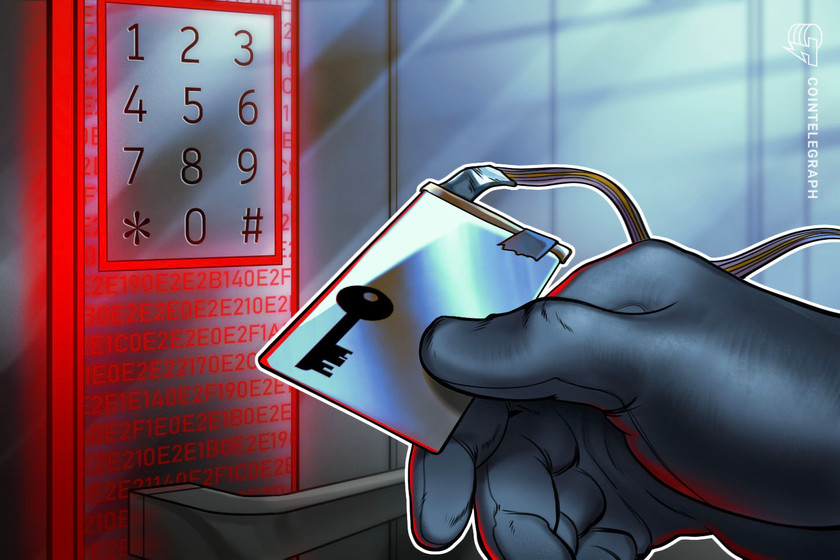Lockheed Martin adopts blockchain for supply chain management in Switzerland
The defense contractor has secured access to SyncFab’s supplier intelligence platform to help manage OEMs in Switzerland.
3789 Total views
18 Total shares

United States aerospace and defense contractor Lockheed Martin has signed an agreement with SyncFab, a Silicon Valley distributed manufacturing platform, to streamline supplier capabilities across Switzerland, offering yet another tangible use case for blockchain technology.
Under the new agreement, SyncFab will provide Lockheed Martin with direct access to its parts procurement and supply chain platform, which is built on top of the company’s blockchain. The secure supplier intelligence platform connects Original Equipment Manufacturers, or OEMs, to Swissmem members, allowing OEMs to match with suppliers across Switzerland.
The platform essentially works as a “matchmaker” between OEMs and subject matter experts, allowing the experts to compete for long-term logistics opportunities with larger companies. In the case of Lockheed Martin, members of Swissmem will have the opportunity to bid on projects directly through SyncFab.
Founded in 1999, Swissmem represents Switzerland’s mechanical and electrical engineering industries. So-called MEM industries account for roughly one-third of the country’s exports.
Jeremy Goodwin, SyncFab’s founder and CEO, commented on the new partnership:
“SyncFab is honored and privileged to work with Lockheed Martin in our mission to expand access and digitally transform Swiss Industrial Supply Chains in partnership with Swissmem.”
Launched in 2013, SyncFab has secured several high-profile partnerships over the years. As Cointelegraph reported back in 2018, the company worked with the U.S. Department of Energy to deliver clean energy and smart manufacturing initiatives in the California cities of San Leandro, San Francisco and Oakland.
Supply chain management is routinely cited by industry as one of the biggest use cases of blockchain technology. As Cointelegraph reported in February 2021, more than half the companies added to the Forbes Blockchain 50 list are using distributed ledger technology to solve logistical issues.









